In Brazil, cotton producers are increasing the use of natural pesticides
Brazilian cotton |
2023 kicks off with cotton planting advancing in the Brazilian fields. The new crop has already reached 32% of the projected planted area and one of the hallmarks of this new season is likely to be an increase in the use of biological control mechanisms.
Biological control uses bacteria, insects and fungi to fight against cotton pests. In Brazil, the use of this type of product grew 140% from the 2019/20 to the 2020/21 crop – going from 28% to 67% of cotton producers.
These data are from Blink Strategic Projects who predict this will rise to 99% in 2030.
This growth is due to the increased interest by Brazilian farmers in seeking more sustainable solutions. After all, biological products are efficient, more economical (they help to reduce the use of chemicals), with less environmental impact and are important for the improvement of soil and plant “health”.
Another factor that has contributed to greater usage of biologicals is a larger number of product registration approvals granted by the Brazilian Ministry of Agriculture. In 2022, the Brazilian government approved 112 registrations – which means an increase of 558% in ten years.
